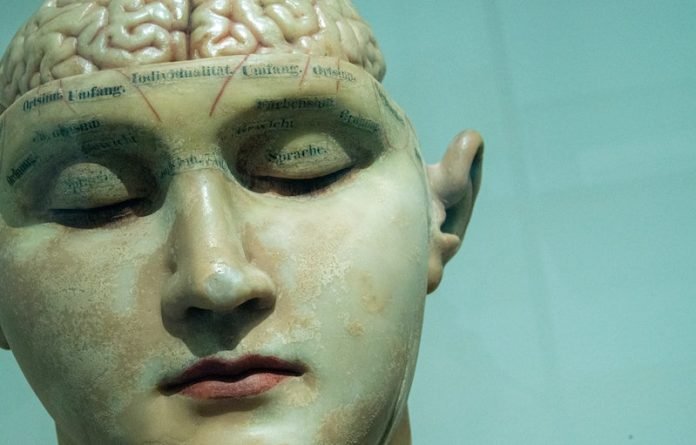
In a study from Washington University in St. Louis and elsewhere, scientists found those who have been infected with the virus are at increased risk of developing a range of brain conditions in the first year after the infection, new research shows.
Such complications include strokes, cognitive and memory problems, depression, anxiety and migraine headaches.
Overall, COVID-19 has contributed to more than 40 million new cases of neurological disorders worldwide. Other than having a COVID infection, specific risk factors for long-term neurological problems are scarce.
In the study, the researchers analyzed about 14 million de-identified medical records. Patients included all ages, races and sexes.
Few people were vaccinated for COVID-19 because the vaccines were not yet widely available during the time span of the study, from March 2020 through early January 2021. The data also predates delta, omicron and other COVID variants.
The researchers examined brain health over a year-long period.
They found brain conditions occurred in 7% more people with COVID-19 compared with those who had not been infected with the virus.
Extrapolating this percentage based on the number of COVID-19 cases in the U.S., translates to roughly 6.6 million people who have suffered brain impairments associated with the virus.
Memory problems—colloquially called brain fog—are one of the most common brain-related, long-COVID symptoms.
Compared with those in the control groups, people who contracted the virus were at a 77% increased risk of developing memory problems.
Interestingly, the researchers noted an increased risk of Alzheimer’s disease among those infected with the virus.
There were two more cases of Alzheimer’s per 1,000 people with COVID-19 compared with the control groups.
Also compared to the control groups, people who had the virus were 50% more likely to suffer from an ischemic stroke.
Overall, compared to the uninfected, people who had COVID-19 were 80% more likely to suffer from epilepsy or seizures, 43% more likely to develop mental health disorders such as anxiety or depression, 35% more likely to experience mild to severe headaches, and 42% more likely to encounter movement disorders.
COVID-19 sufferers were also 30% more likely to have eye problems such as blurred vision, dryness, and retinal inflammation; and they were 22% more likely to develop hearing abnormalities such as tinnitus or ringing in the ears.
If you care about COVID, please read studies about antibodies that block all the COVID-19 variants, and vitamin D level could determine severity of COVID-19 infection.
For more information about COVID, please see recent studies about face mask that can capture and deactivate COVID-19 virus, and results showing flu and COVID-19 vaccines may increase heart disease risk.
The study was conducted by Ziyad Al-Aly et al and published in Nature Medicine.
Copyright © 2022 Knowridge Science Report. All rights reserved.



